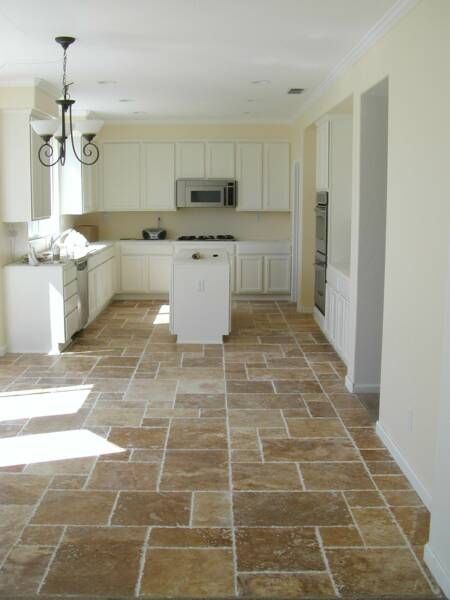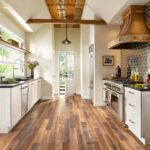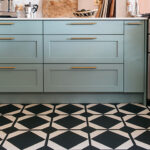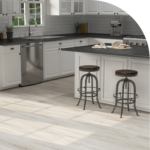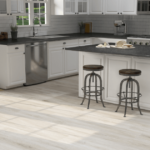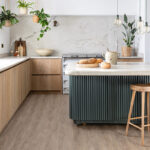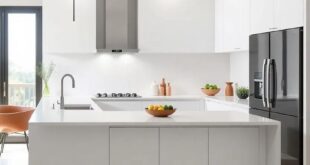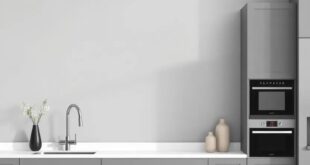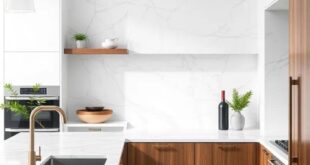Kitchen flooring is an important aspect of any kitchen design. Not only does it play a functional role in providing a durable and easy-to-clean surface, but it also adds to the overall aesthetic appeal of the space. With a wide range of options available in the market, choosing the right type of kitchen flooring can be a daunting task. In this article, we will explore some popular kitchen flooring options and their pros and cons.
One of the most common choices for kitchen flooring is ceramic tile. Ceramic tiles come in a variety of colors, patterns, and sizes, making them a versatile option for any kitchen design. They are also easy to clean and resistant to stains, which is a big advantage in a space like the kitchen where spills and messes are a common occurrence. However, ceramic tiles can be cold and hard underfoot, so they may not be the most comfortable option for those who spend a lot of time standing in the kitchen.
Another popular choice for kitchen flooring is hardwood. Hardwood floors add warmth and character to the kitchen and can complement a variety of design styles. They are also durable and long-lasting if properly maintained. However, hardwood floors can be susceptible to water damage and scratches, so it may not be the best option for a high-traffic kitchen where spills are common.
Vinyl flooring is another affordable and durable option for kitchen flooring. Vinyl floors are easy to clean, water-resistant, and come in a wide range of colors and patterns. They are also softer underfoot compared to ceramic tiles, making them a more comfortable option for those who spend a lot of time in the kitchen. However, vinyl flooring can be prone to fading and can be easily damaged by sharp objects.
For those looking for a more eco-friendly option, bamboo flooring is a great choice. Bamboo is a renewable resource that is also durable and water-resistant, making it a sustainable choice for kitchen flooring. Bamboo floors are also easy to clean and maintain, adding to their appeal for environmentally-conscious homeowners. However, bamboo flooring can be more prone to scratches and dents compared to other types of flooring, so it may not be the best option for a busy kitchen.
In conclusion, choosing the right kitchen flooring requires careful consideration of factors such as durability, ease of maintenance, comfort, and design style. With so many options available in the market, it is important to weigh the pros and cons of each type of flooring before making a decision. Whether you prefer the classic look of ceramic tiles, the warmth of hardwood, the versatility of vinyl, or the eco-friendliness of bamboo, there is a kitchen flooring option out there to suit your needs and preferences.
 Decorationg Interior Design
Decorationg Interior Design
